I am an Infectious Diseases physician in Mobile AL. I will be with a group of physicians afiliated with our medical school class as well as with faculty at the University of South Alabama College of Medicine . Dr Robert Chagrasulis is our team leader. He speaks Creole and has traveled to the Domincan Republic for many years providing medical care to Haitian workers in the sugar cane plantations. We will travel to the barrios and to the jails providing basic medical care. With my expertise in Infectious Diseases I hope to add this perspective to our mission . I have been on this trip with Dr. Chagrasulis once before. We are hoping not only to serve Haitian workers but also to lay the foundation for students and residents from the University College of Medicine and medical Center to add this experience to their medical education.
The Haitian migrant workers in the sugar cane plantations of the Dominican Republic are among the most under-served populations in the Western hemisphere. They will benefit directly. Indirectly we seek to add this experience to the education of students and residents of the training program at the University of South Alabama College of Medicine.
The expected impact is basic medical care which is lacking . This is expected to carry forward in future trips with medical students and residents.


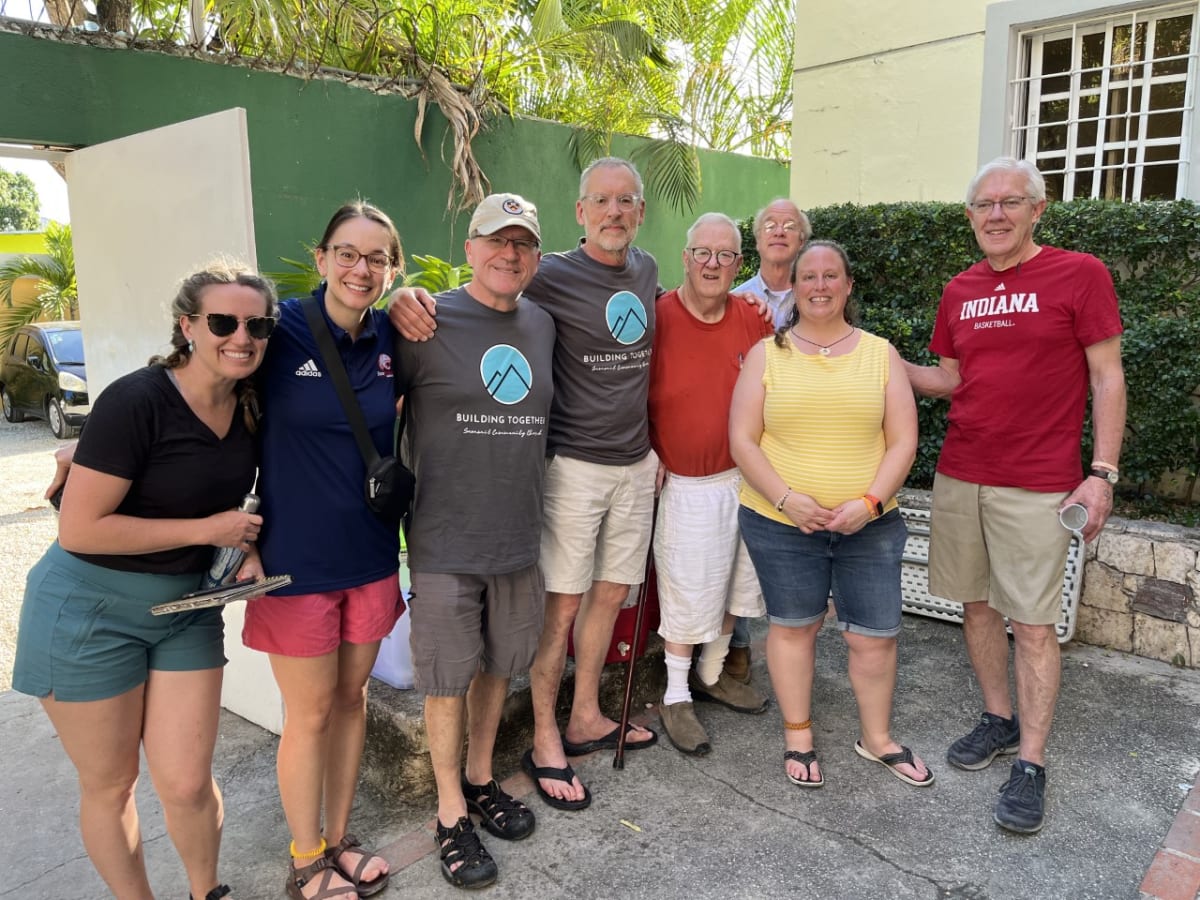

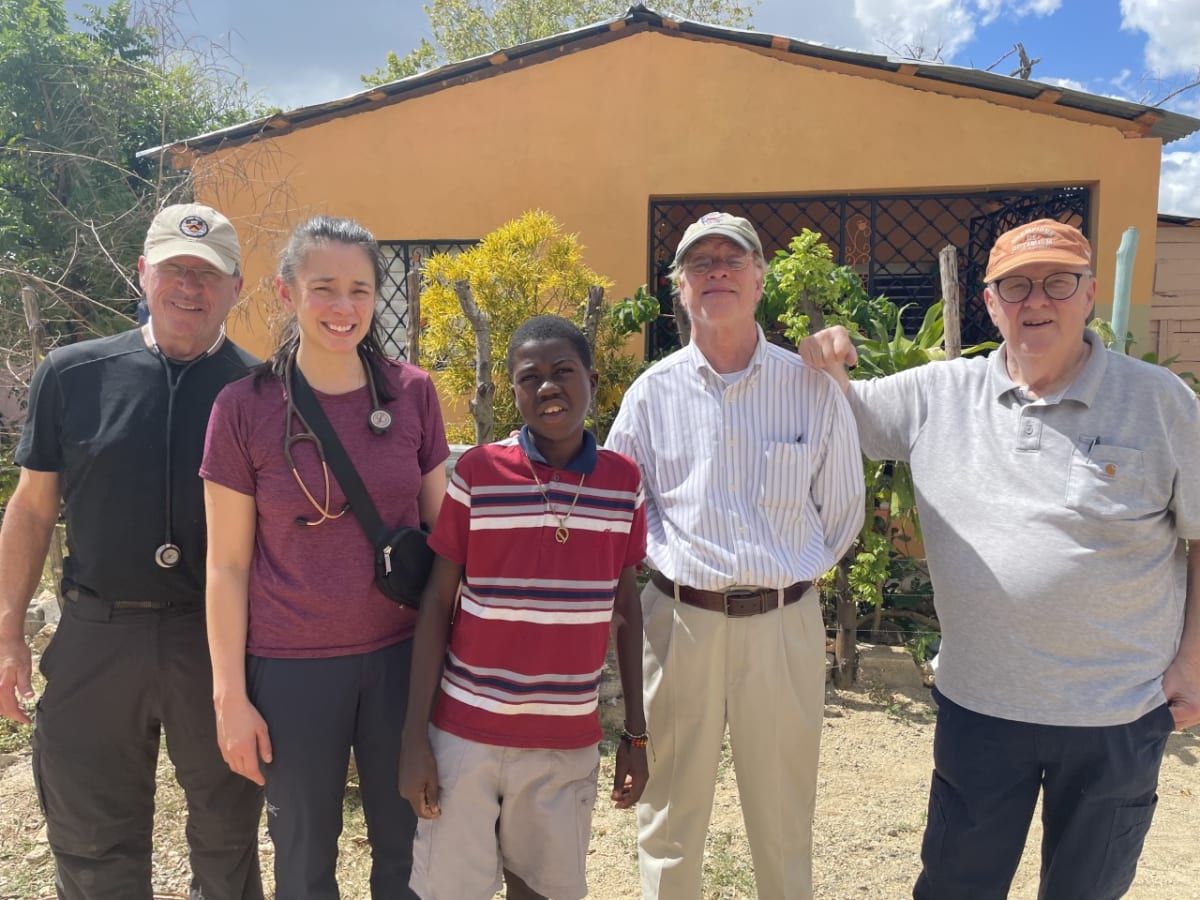

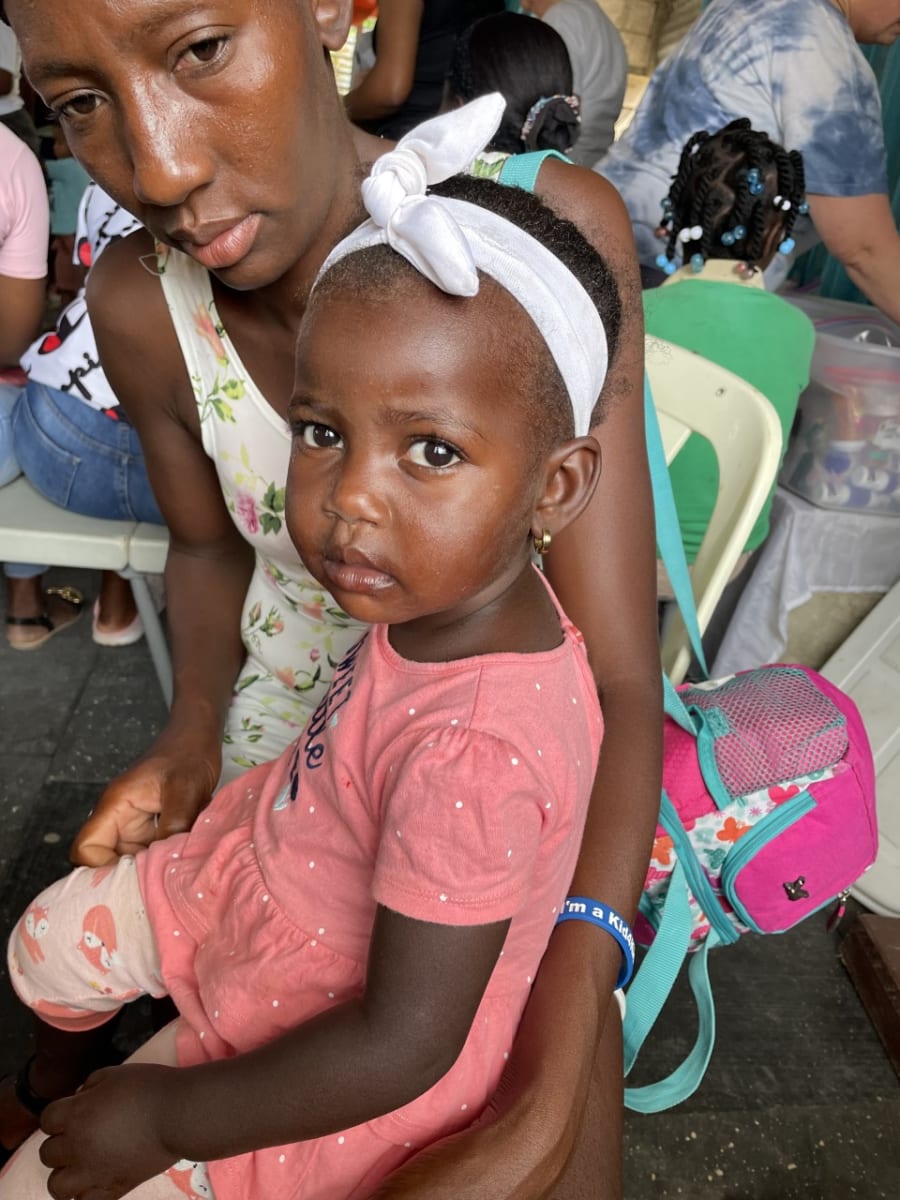

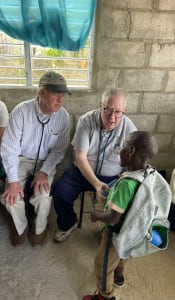

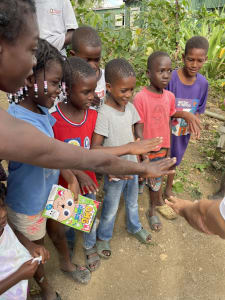

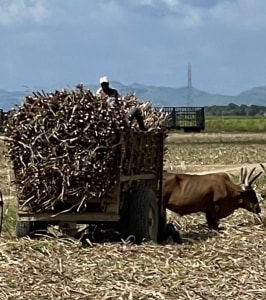

Project Dominicana is an ongoing project bringing basic medical care to underserved communities in the eastern provinces of the Dominican Republic. Based in the city of La Romana on the southeast Caribbean coast, this is a project in cross-cultural medicine set in the complicated historical and political climate of the island of Hispaniola.
The island is divided into two nations : the French Creole speaking Haiti to the west and the Spanish speaking Dominican Republic to the East. The legacy of colonialism, slavery and exploitation has affected the whole of Hispaniola creating inequalities and divisions not easily separated by the political boundaries. Based on 30 years of ongoing service in the La Romana region and on the establishment of long-term relationships with local partners Project Dominicana is able to provide free-standing and mobile clinics treating acute and chronic medical conditions in the areas of greatest need.
Project Dominicana seeks to serve Dominicans of Haitian descent and Haitian migrant workers focusing on two areas - the bateyes and the prisons. Bateyes ( Caribe - outbuildings ) are isolated rural ghettos scattered like tiny islands in a vast sea of sugar cane fields where migrant workers and their families are housed. The 'outbuilding' villages are very basic, almost pre-industrial where clean water and food security are daily concerns. We worked at two- Batey Olivares and Batey Maragua. There are over 400 bateyes in the sugar cane fields of the Dominican Republic.
The penal system is crowded , hardened and lacking in basic medical care. Carcel Siebo ( Siebo prison ) incarcerates over 900 men and had received no medical visit since the COVID-19 pandemic shut down our scheduled 2020 trip. Preventiva Higuey and Preventiva La Romana are two jails we worked as well. Hypertension, diabetes, a spectrum of dermatologic conditions and nutritional deficiencies- these were the staples of work at the bateyes and prisons. Eight hundred forty ( 840) patients were cared for during the week of February 14, 2023.
To speak of making an impact on health in the eastern Dominican Republic one has to call upon ongoing relationships, continuity and commitment. For 30 years the founder of Project Dominicana , Dr Robert Chagrasulis and his supporting church in Maine including Jim Carlson and Cindy Richendollar have forged enduring relationships and provided the continuity necessary to effect actual change for the better in the lives of eastern Hispaniola. This is the strength of Project Dominicana - the time already invested in building relationships and the history of providing care over so many years On this lies the hope for the future.
The expected impact for the future is to bring academic medicine into the bateys and prisons. Medical students and Residents would be educated in the basics- providing care with limited resources, learning first-hand the cultural determinants of health, cultivating a deep interest in humanity, seeing the line that cuts through the heart of Hispaniola.
I want to thank the Doximity Foundation for supporting this trip. I personally was touched by the humanity of our team of physicians and incredible support personnel. It was a chance for me to remember one of the foundational truths about being a doctor written by Francis Peabody. " One of the essential qualities of the clinician is interest in humanity, for the secret of the care of the patient is in caring for the patient."